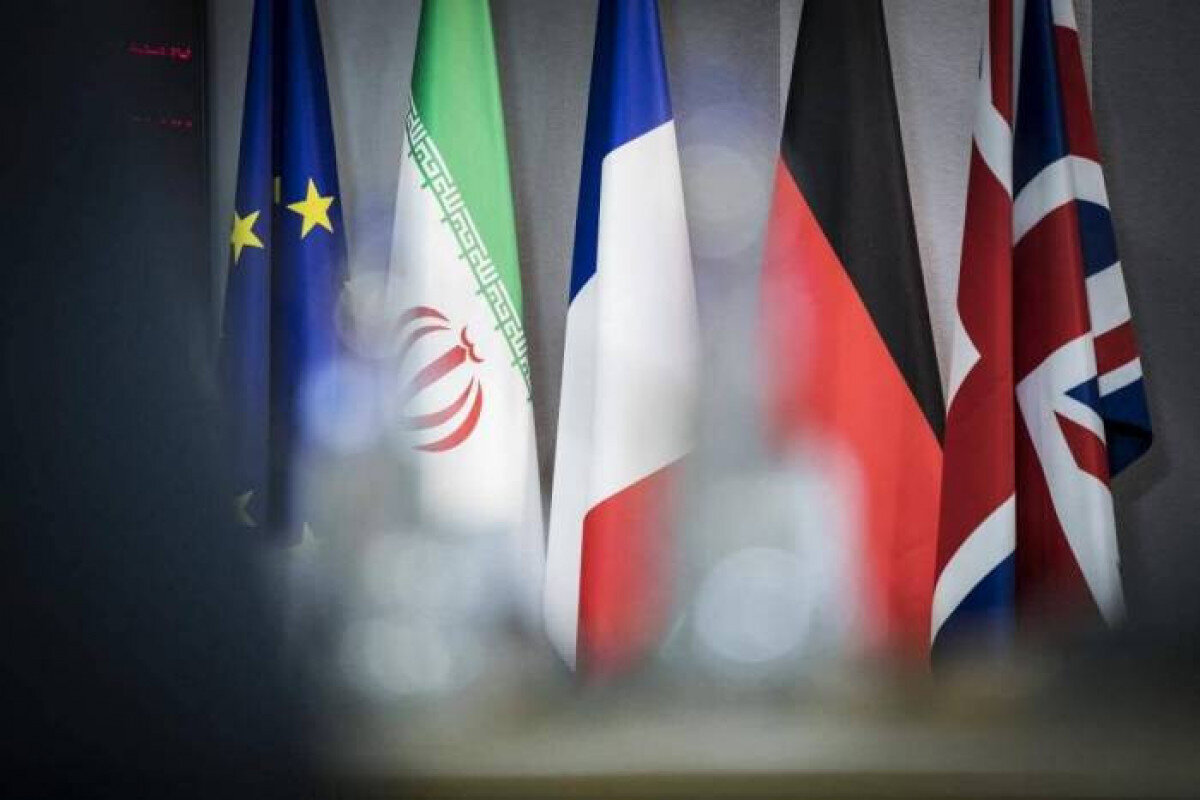Iran to hold talks with European powers on regional and nuclear issues

TEHRAN – Iran’s Foreign Ministry Spokesman Esmail Baqaei announced on Sunday that a meeting of deputy foreign ministers from Iran, France, Germany, and the United Kingdom is scheduled for Friday, December 9. The discussions will focus on a wide array of bilateral, regional, and international issues, he said.
Baqaei emphasized Iran's commitment to fostering interaction and cooperation with other nations, grounded in principles of dignity, wisdom, and expediency. He described the upcoming talks as a continuation of “fruitful” discussions that took place during the recent United Nations General Assembly in New York.
"The meeting is part of our ongoing dialogue with these European countries," Baqaei stated. "We aim to address various topics, including pressing regional matters such as Palestine and Lebanon, as well as issues related to our nuclear program."
A spokesperson for the UK's Foreign Commonwealth and Development Office (FCDO) also reacted to the news, telling Iranian media that London aims to “reduce tensions” regarding Iran's nuclear issue through various diplomatic channels.
The announcement comes as ties between Iran and Europe have been deteriorating in the past years. Tehran has been criticizing the European trio for failing to uphold their commitments under the Joint Comprehensive Plan of Action (JCPOA), a 2015 nuclear deal that has been in shambles for the past seven years after Washington unilaterally withdrew from the deal and reinstated sanctions against Iran. Britain, France, and Germany despite remaining as official signatories to the pact have failed to take the sting out of U.S. sanctions.
Europe has even come up with its own sanctions against Iran, with its most recent bans targeting Iranian air and shipping lines. The sanctions have been imposed under the pretext of Iranian weapon supplies to Russia, a claim Iran has repeatedly denied and asked Europe to provide evidence for.
Critical times
Ties between Tehran and Europe took a new hit on Friday when an anti-Iran resolution drafted by E3 was passed by the International Atomic Energy Agency (IAEA) Board of Governors. The resolution condemns Iran for “insufficient cooperation” with the IAEA under the JCPOA without addressing the West’s complete shunning of the deal.
The resumption of talks on Iran's nuclear program—stalled since 2022—is particularly important, as the "snapback" mechanism in UN Security Council Resolution 2231, allowing the re-imposition of UN sanctions against Iran, is nearing expiration.
Europe is expected to activate the snapback and reinstate UN sanctions against Iran if dissension over the West’s noncompliance with the deal is not resolved. It is believed that Iran would leave the Non-Proliferation Treaty (NPT) if Europe goes that route.
The Iranian public is increasingly demanding the abandonment of the NPT and a reassessment of the nation's nuclear doctrine, fueled by growing skepticism toward the West's commitment to resolving disputes through dialogue and diplomacy.
